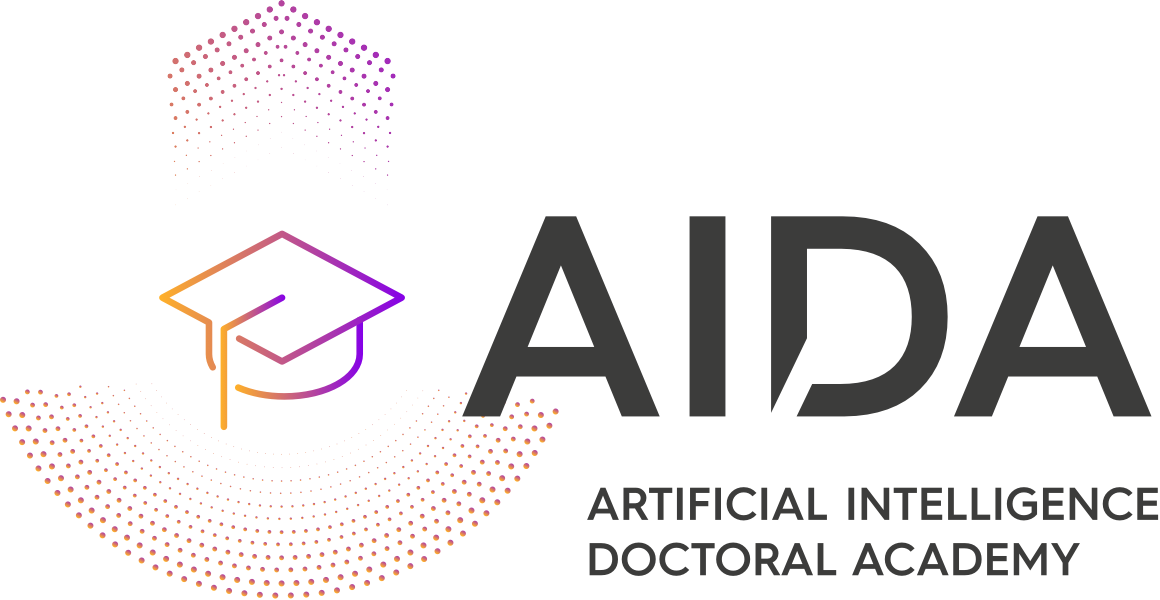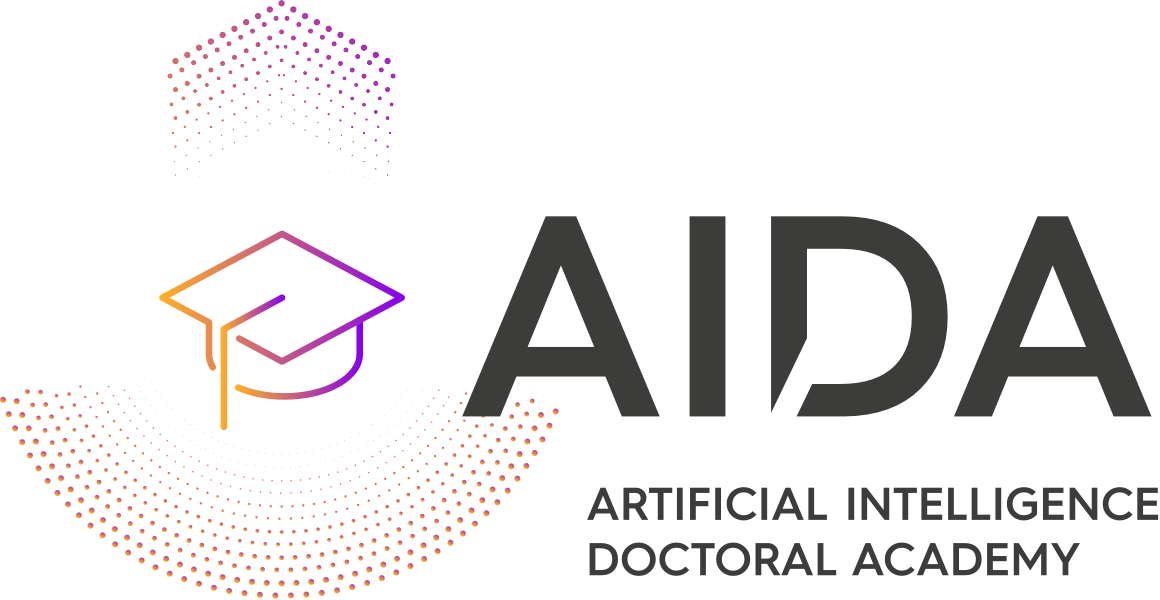Reasoning and Learning in Social Contexts
Level
This topic covers the foundations, techniques, algorithms and tools for allowing autonomous AI agents to be social and act within societies. It will offer a breadth of understanding in technologies that allow building Social AI systems and a multidisciplinary take on this topic that will impact every aspect of our daily life in the future.
Intermediate, Broad, Theory, Algorithmic.

Learning outcomes
Knowledge

Students should be able to:
- Comprehend that capturing the social aspects of human behaviour is essential in understanding how people think and how people react to each other, which is a fundamental step to developing reasoning algorithms that can operate effectively in social contexts.
- Demonstrate a good understanding of computational models of social reality. That is, how social contexts determine human behaviour through norms, practices, conventions, rituals and other rules of human social nature.
- Understand current methodologies to model social cognition, collaboration and teamwork.
- Understand /describe theoretical models for cooperation between agents.
- Understand the process of creating systems equipped with perception and social capabilities that allows them to adapt to different social contexts and learn from other agents in such environments.
- Understand how models of social reality generate emergent behaviour and the impact of such models in agent societies and social networks of multi-agent systems.
skills




Students should be able to:
- Correctly identify different ways to sense the environment and understand how to use off-the-shelf solutions and how to make sense of the captured data.
- Explore the creation of a simple Social AI System, using a perception technology whose data feeds into a reasoning mechanism that outputs social (and intelligent) acts in a context of choice.
- Evaluate social reasoning and learning algorithms in the form of simulations or with a human.
- Analyse the solutions to a problem and critically think about the societal impact.
Application




Students should be able to:
- Work effectively with others in an interdisciplinary and/or international team.
- Design and manage individual projects.
- Clearly and succinctly communicate their ideas to technical audiences.



 Back to List
Back to List